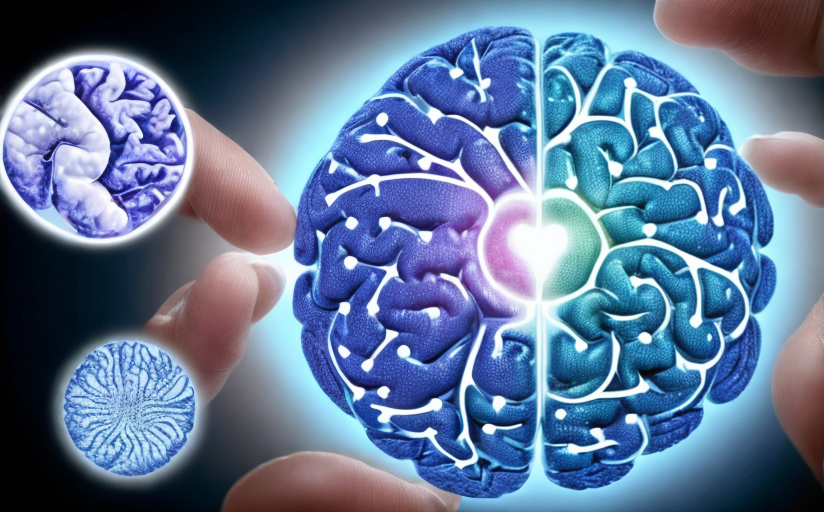The Impact of Mental Health on Overall Wellbeing
Mental health plays a significant role in influencing overall wellbeing. The interconnection between mental and physical health is so profound that any imbalances in mental health can significantly affect a person's physical health, emotional stability, and lifestyle choices.
Mental Health and Physical Health
In medicine, the effects of mental health on physical health is no longer a speculation but a proven fact. According to Mental Health Foundation, poor mental health can lead to diverse physical health complications such as heart disease, high blood pressure, weakened immune system, and asthma. For instance, chronic stress, a mental health challenge, can lead to high blood pressure and heart disease.
Mental Health and Emotional Stability
Dr. Lydia Li from the University of Michigan states, The psychological and emotional health of an individual is tied inextricably to mental health. The inability to handle stress or recover from traumatic events can lead to emotional health issues such as depression and anxiety.
Mental Health and Lifestyle Choices
Mental health can influence the decisions we make in our daily lives. Poor mental health can lead to poor judgement and difficulty making decisions, which can lead to unhealthy lifestyle choices such as substance abuse, poor diet and lack of physical activity.
Factors Influencing Mental Health
Mental health can be influenced by diverse factors, including genetics, environment, and personal life experiences. A study published in American Journal of Psychiatry shows that mental health disorders such as bipolar disorder and schizophrenia have a genetic component. Moreover, environmental factors such as exposure to violent behavior and neglect can also influence mental health adversely. Traumatic personal experiences like loss of loved ones or physical abuse can additionally trigger mental health challenges.
Strategies for Maintaining Mental Health
Treating mental health involves several aspects, including therapy, medication, lifestyle changes, and stress management techniques. Cognitive-behavioral therapy, for example, can help individuals deal with patterns of thinking that may cause mental health issues. Regular exercise, a well-balanced diet, and adequate sleep are changes to lifestyle that can improve mental wellbeing. Furthermore, stress management techniques such as mindfulness and meditation can help alleviate symptoms of mental health disorders.
Conclusion
Overall, mental health has a significant impact on a person's total wellbeing and should be taken as an important aspect of health. Ignoring or neglecting mental health can lead to severe physical health complications, emotional troubles, and harmful lifestyle choices. Therefore, proactive steps should be taken to maintain and improve mental health, and these should be given as much importance as physical health interventions for an overall healthy life.


















Comments
Leave a Comment